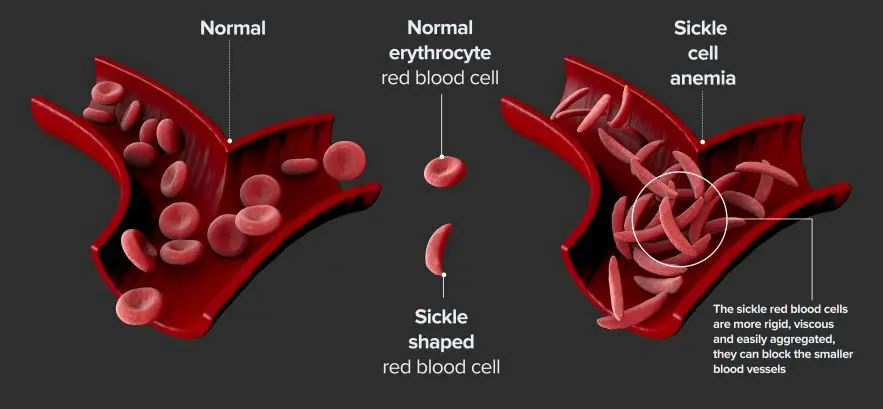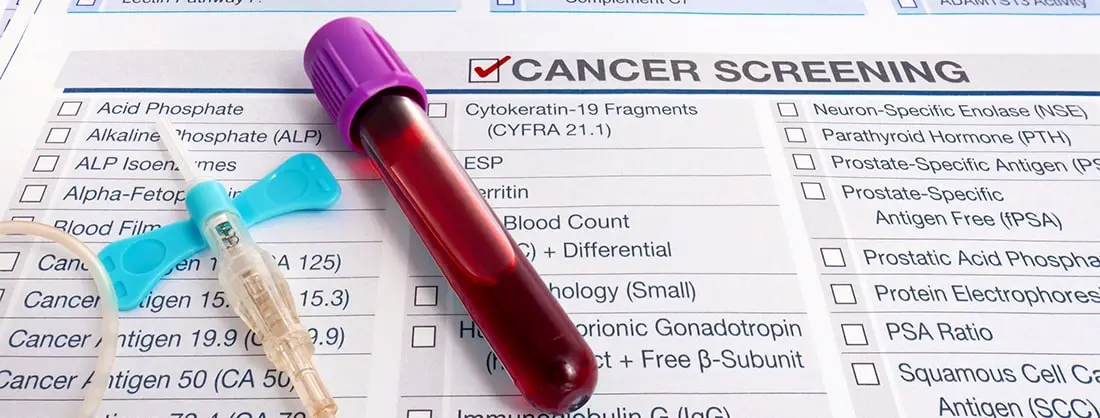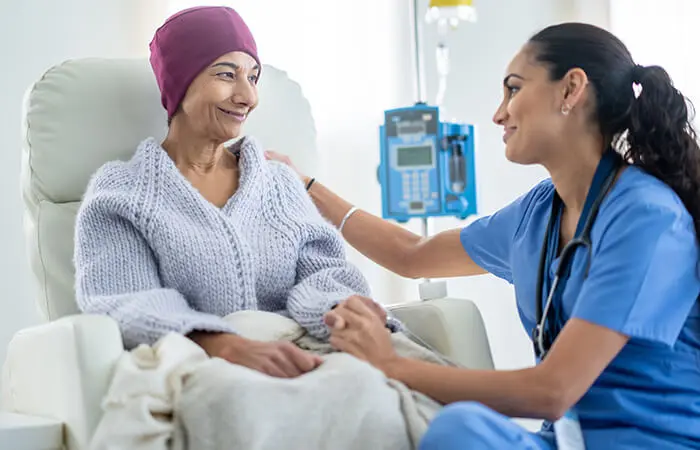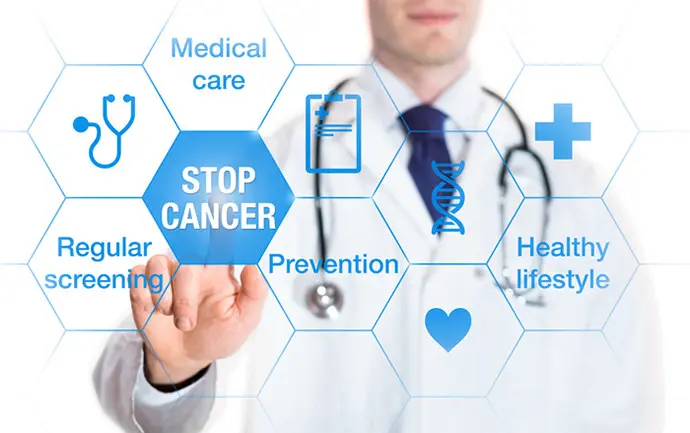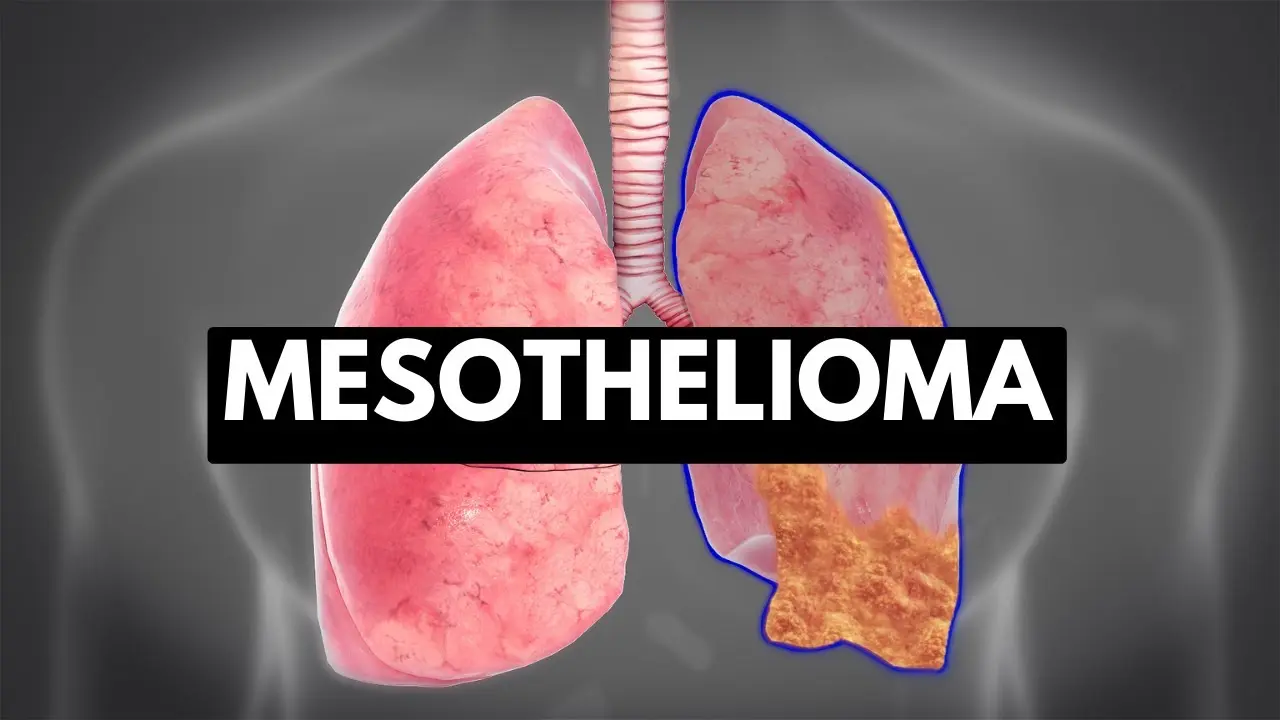
Understanding the Treatment Journey
The cancer treatment journey can vary significantly depending on the type, stage, and location of cancer. However, some general steps are involved in almost every treatment plan. Patients and families need to understand the entire process to make informed decisions and feel more in control of the situation.
Key Phases of Cancer Treatment:
- Diagnosis: The first step involves confirming the type and stage of cancer.
- Treatment Planning: Oncologists recommend treatment options like chemotherapy, radiation, or surgery.
- Treatment Administration: Patients undergo one or more therapies to target the cancer.
- Follow-Up Care: Post-treatment care focuses on monitoring recovery and detecting any recurrence.
By understanding these stages, patients and their families can better prepare for each phase and adjust expectations accordingly.
Effective Communication with Healthcare Providers
Clear and open communication with doctors, nurses, and other healthcare providers is essential. It ensures that patients and families understand the treatment plan and can ask questions about side effects, progress, and alternatives.
Tips for Effective Communication:
- Prepare Questions: Write down any questions or concerns before appointments to ensure nothing is overlooked.
- Understand the Treatment Plan: Make sure you fully understand the proposed treatments, timelines, and goals.
- Ask About Support Resources: Inquire about mental health resources, support groups, and financial assistance.
By fostering a collaborative relationship with healthcare providers, families can better navigate the complexities of cancer care.
Managing Side Effects of Treatment
Cancer treatments, while necessary, often come with side effects that can impact a patient’s quality of life. Managing these side effects is crucial to maintaining both physical and emotional well-being during treatment.
Common Side Effects:
- Chemotherapy: Nausea, hair loss, fatigue, and weakened immune system.
- Radiation Therapy: Skin irritation, fatigue, and localized pain.
- Surgery: Pain, swelling, and risk of infection.
Tips for Managing Side Effects:
| Side Effect | Management Tips |
|---|---|
| Nausea | Take prescribed anti-nausea medications, eat small meals throughout the day. |
| Fatigue | Rest frequently, pace yourself, and engage in light exercise if possible. |
| Pain | Take prescribed pain relievers, apply cool compresses, and follow medical advice. |
| Skin Irritation (Radiation) | Use gentle, fragrance-free lotions, and avoid sun exposure to treated areas. |
Consult with healthcare providers to develop a personalized plan for managing side effects.
Emotional and Mental Health Support
Cancer treatment can take a significant toll on emotional health. Patients often experience anxiety, depression, and feelings of isolation. Family members may also face emotional stress as they support their loved one through treatment.
Tips for Emotional Support:
- Seek Professional Counseling: Both patients and caregivers can benefit from speaking with a therapist or counselor.
- Join a Support Group: Connecting with others in similar situations can provide comfort and understanding.
- Practice Self-Care: Caregivers should make time for their own physical and mental health as well.
Maintaining a positive outlook and seeking emotional support are key to navigating cancer treatment successfully.
Practical Tips for Managing Daily Life During Treatment
In addition to medical care, daily life during cancer treatment can be challenging. Managing practical aspects like nutrition, finances, and daily routines is essential for reducing stress.
Practical Tips for Families:
| Challenge | Solutions |
|---|---|
| Meal Planning | Work with a nutritionist to create healthy meal plans that accommodate treatment side effects. |
| Financial Stress | Inquire about financial assistance programs, insurance coverage, and community resources. |
| Time Management | Create a schedule that balances treatment, rest, and family time. |
By planning ahead and staying organized, patients and families can reduce the burden of daily challenges.
Conclusion: Empowering Patients and Families Through Cancer Care
Navigating cancer care is a journey filled with uncertainty, but with the right information, support, and coping strategies, patients and families can face the challenges ahead with confidence. Clear communication with healthcare providers, managing side effects, seeking emotional support, and handling daily life challenges are all crucial for a successful treatment journey. By staying informed and empowered, patients and their families can make the most of their cancer care experience.

